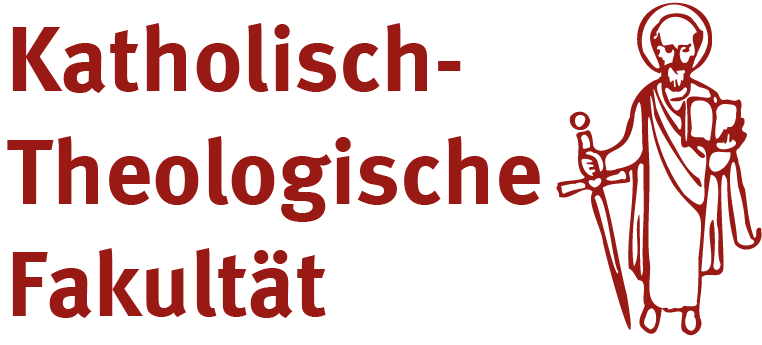Der Ewige Jude

The fact that the "Wandering Jew" was listed on the Index of Forbidden Books raises the question of whether this was one of the ways the Catholic Church took action against anti-Semitic stereotypes. The author explores this question through the proceedings against the nineteenth century French authors Edgar Quinet and Eugène Sue, who reinterpreted the motif of the wandering Jew.
The detailed insight into the everyday routines of the censors is revelatory, as the Archives of the Inquisition and the Congregation of the Index contain misleading expert opinions that were primarily a means for the authors to position themselves properly amidst the revolutionary struggles of their time. The staff of the relevant Congregations were completely inundated, and some books were even banned before being read. Ultimately, the indispensable analysis of contemporary proceedings taking place within the context of the bigger ecclesiastical political situation shows that the "Wandering Jew" did not come under the scrutiny of the censors because of anti-Semitism, but because Sue in particular was considered anti-Jesuit, immoral, socialist and revolutionary.
Tobias LAGATZ, Der Ewige Jude von Edgar Quinet und Eugène Sue auf dem Index Librorum Prohibitorum. Zerrbild seiner selbst und Spiegelbild der Zeit, Paderborn et alibi 2020, 384 pages, hardcover, ISBN: 978-3-506-70288-3.

